Caregiver Play
It's not just child's play: The importance of caregiver's play with children
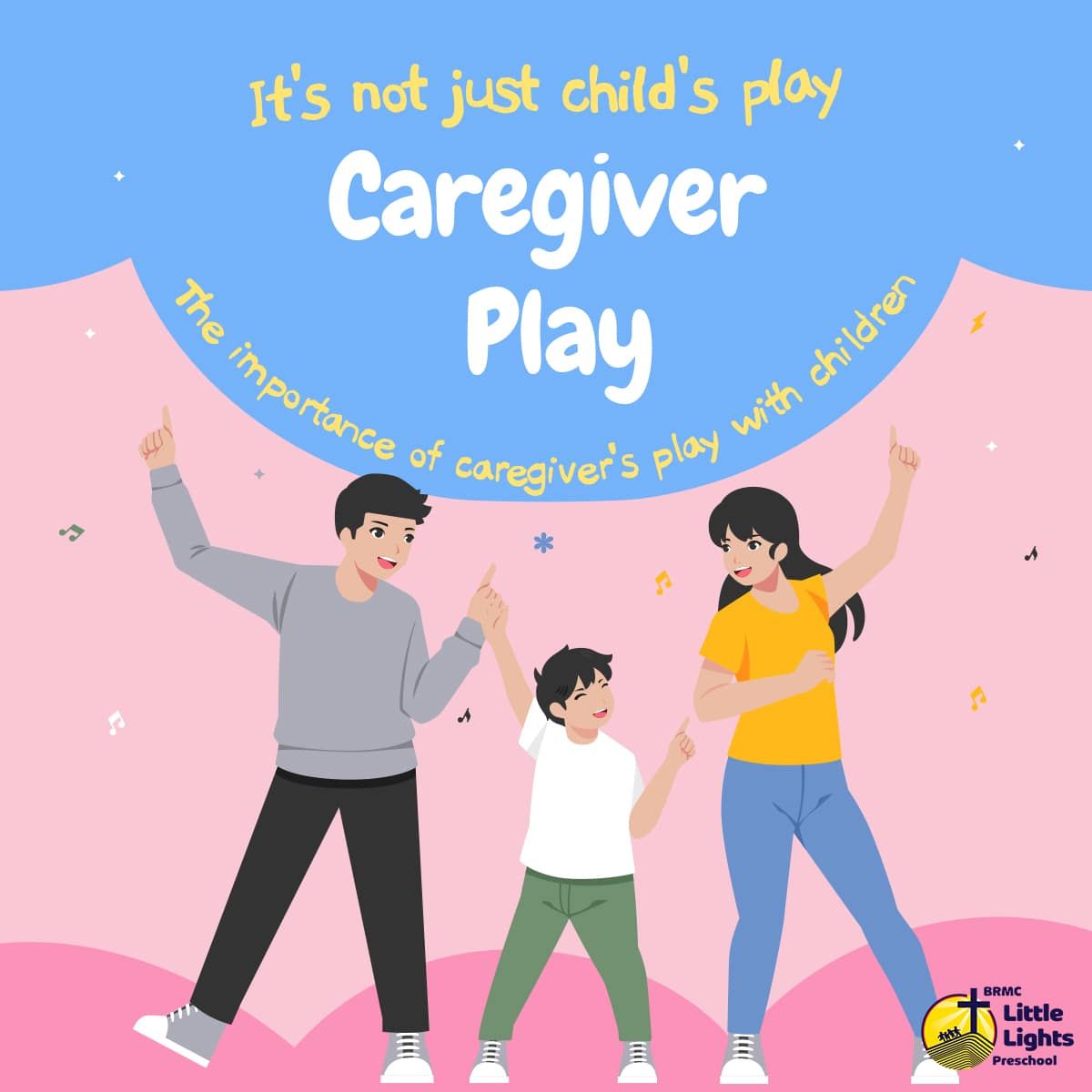
Why is caregiver-child play important?
Play between a caregiver and child in the early years creates opportunities to establish a trusting relationship and lays the foundation for healthy child growth and development. Through play, caregivers can help their children to learn and make sense of the world around them with fun, positive and meaningful engagement.
Good-quality interactive play between a caregiver and child in the early years lays the foundation for healthy child growth and development.
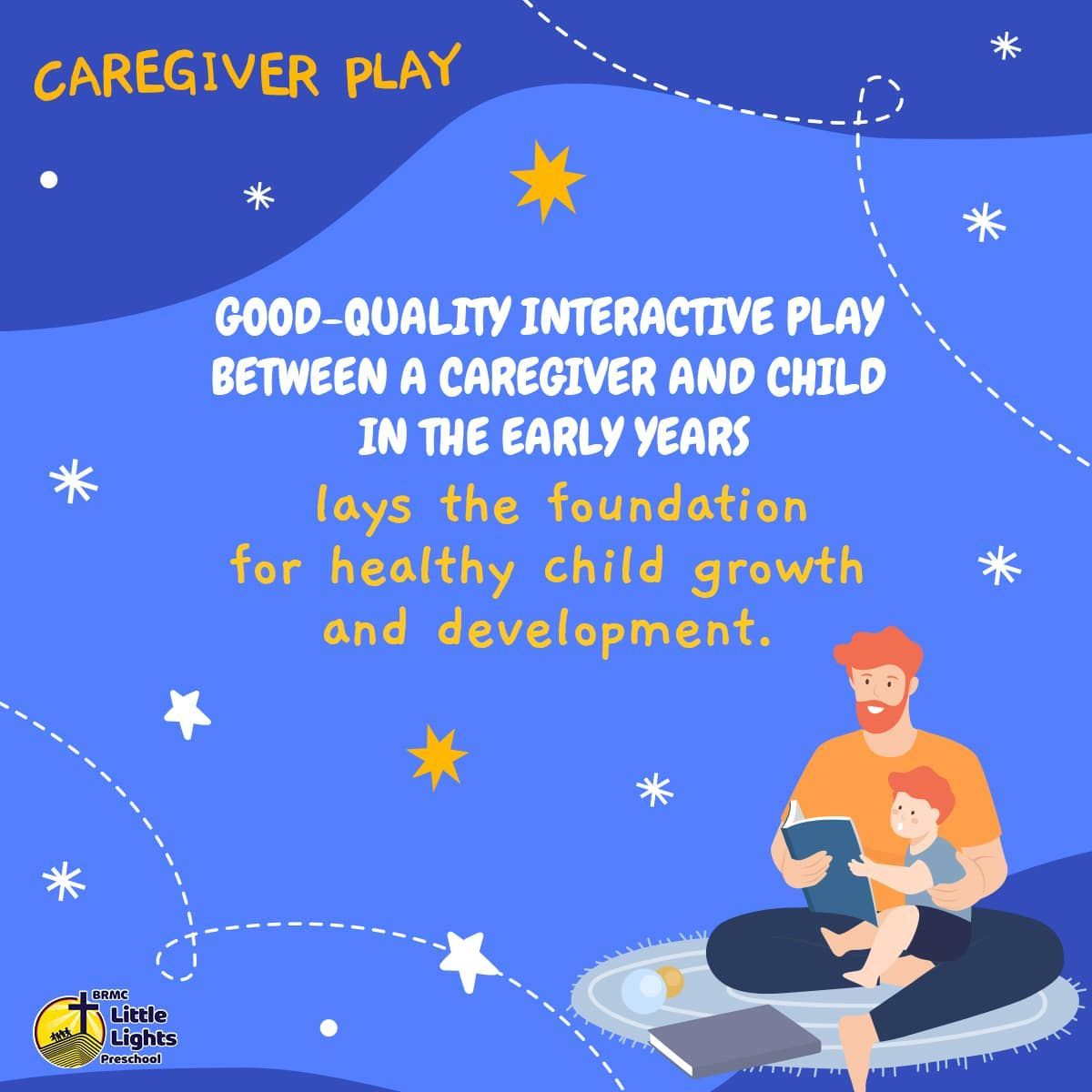
Interactive play helps infants and children build trust in their caregiver while learning how to make sense of the world.
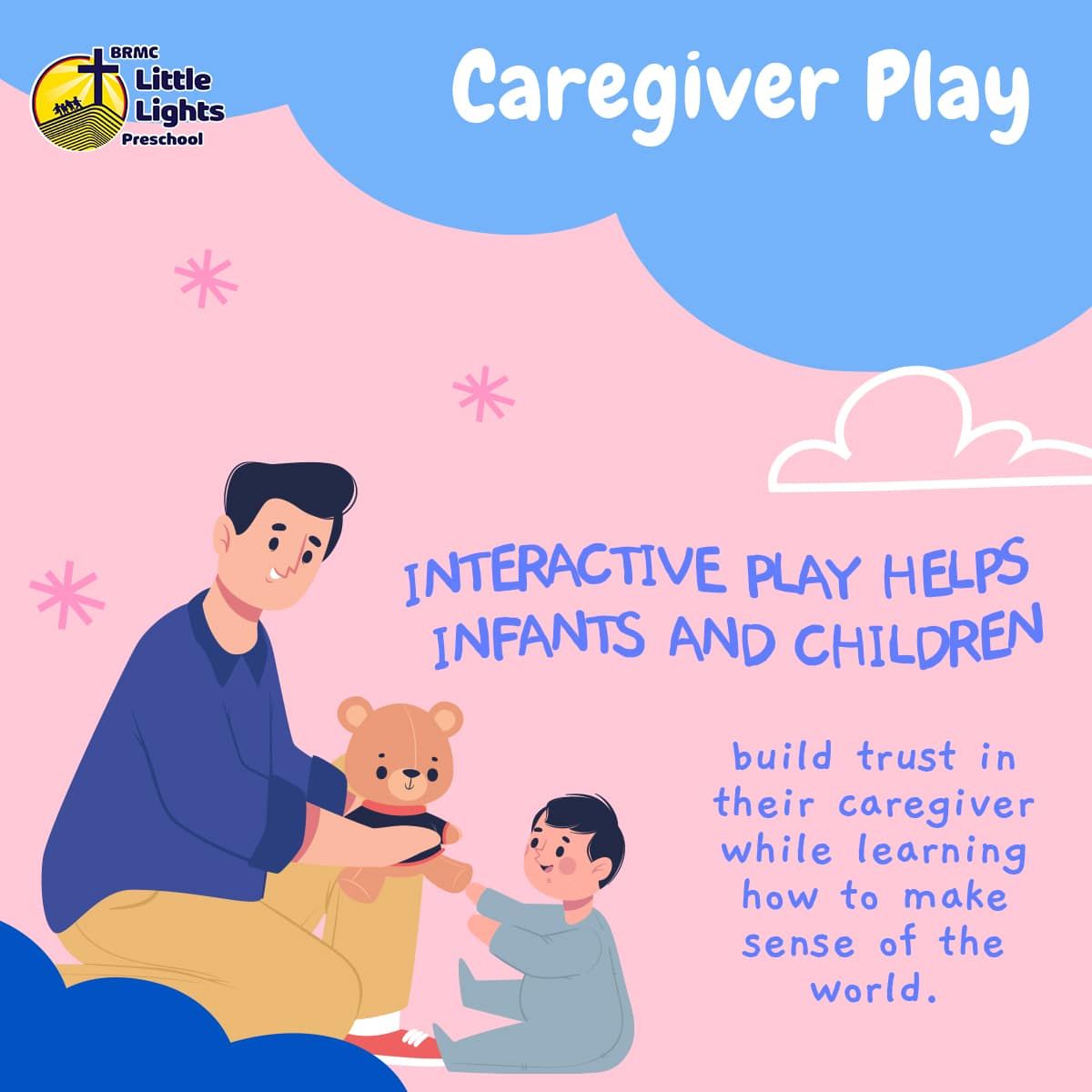
Early play interactions help promote the development of the child’s brain. Children who spend time playing with their caregivers tend to have fewer mood and behavioural problems, have better social skills, and are better able to communicate. As adolescents, they are also more able to empathize with others.
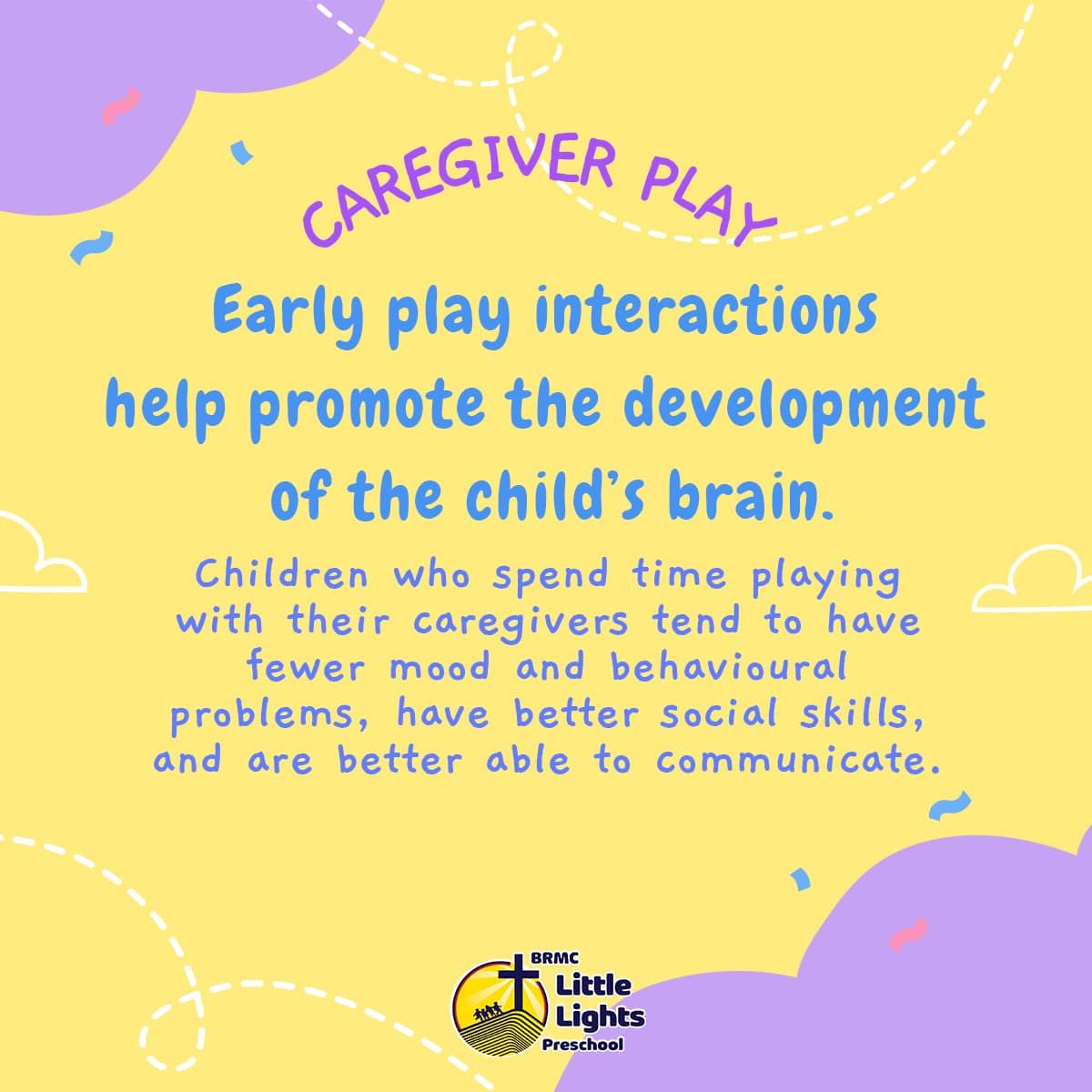
Infants whose caregivers were more ‘sensitive’ (able to recognise and respond promptly to the child’s needs) during play had better stress coping skills at age three and showed faster development of brain structures involved in emotion.
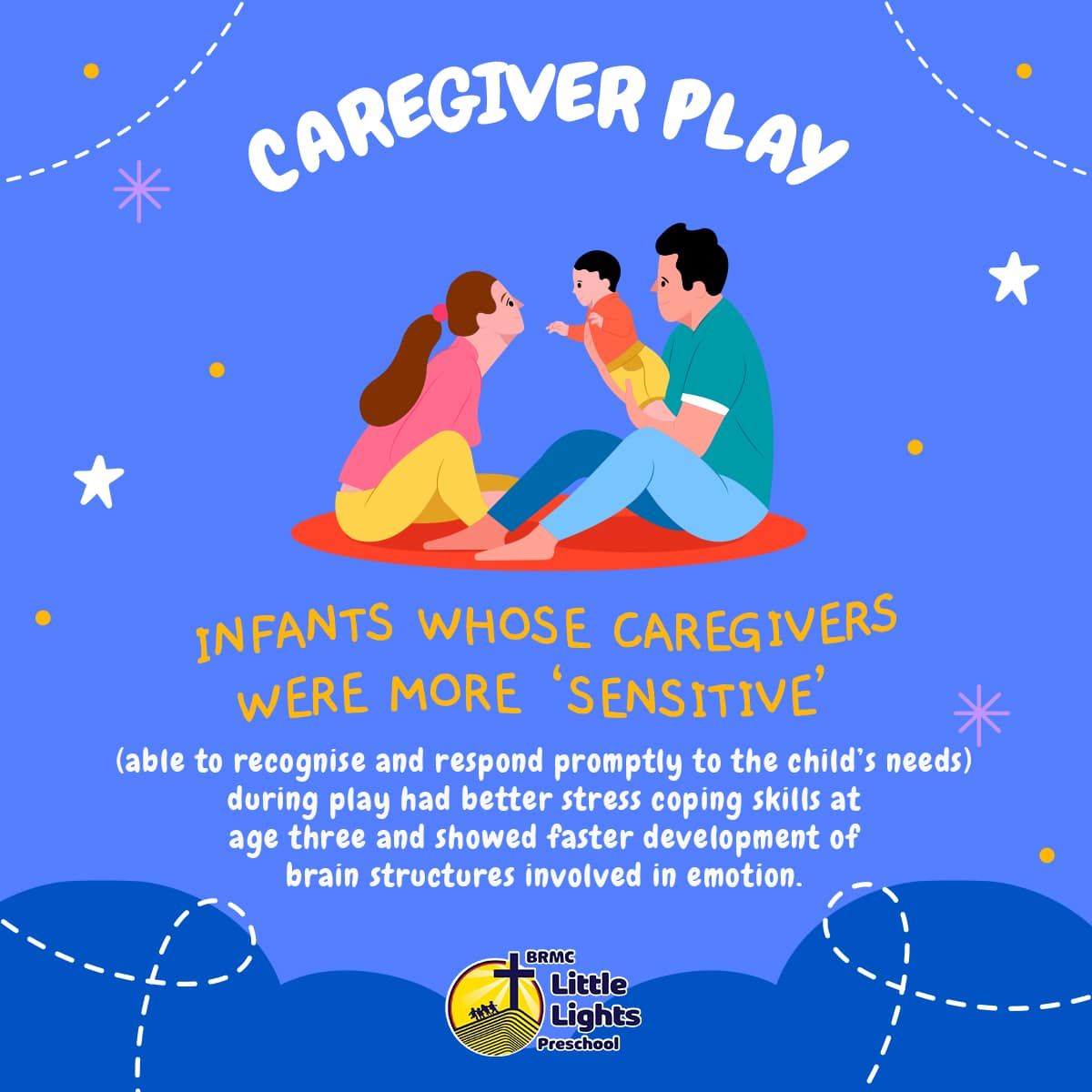
Good-quality play does not require long sessions or expensive toys. It can occur during everyday interactions, such as during bath time, and involve everyday objects in the house or
outdoors, or it can even be imaginary.
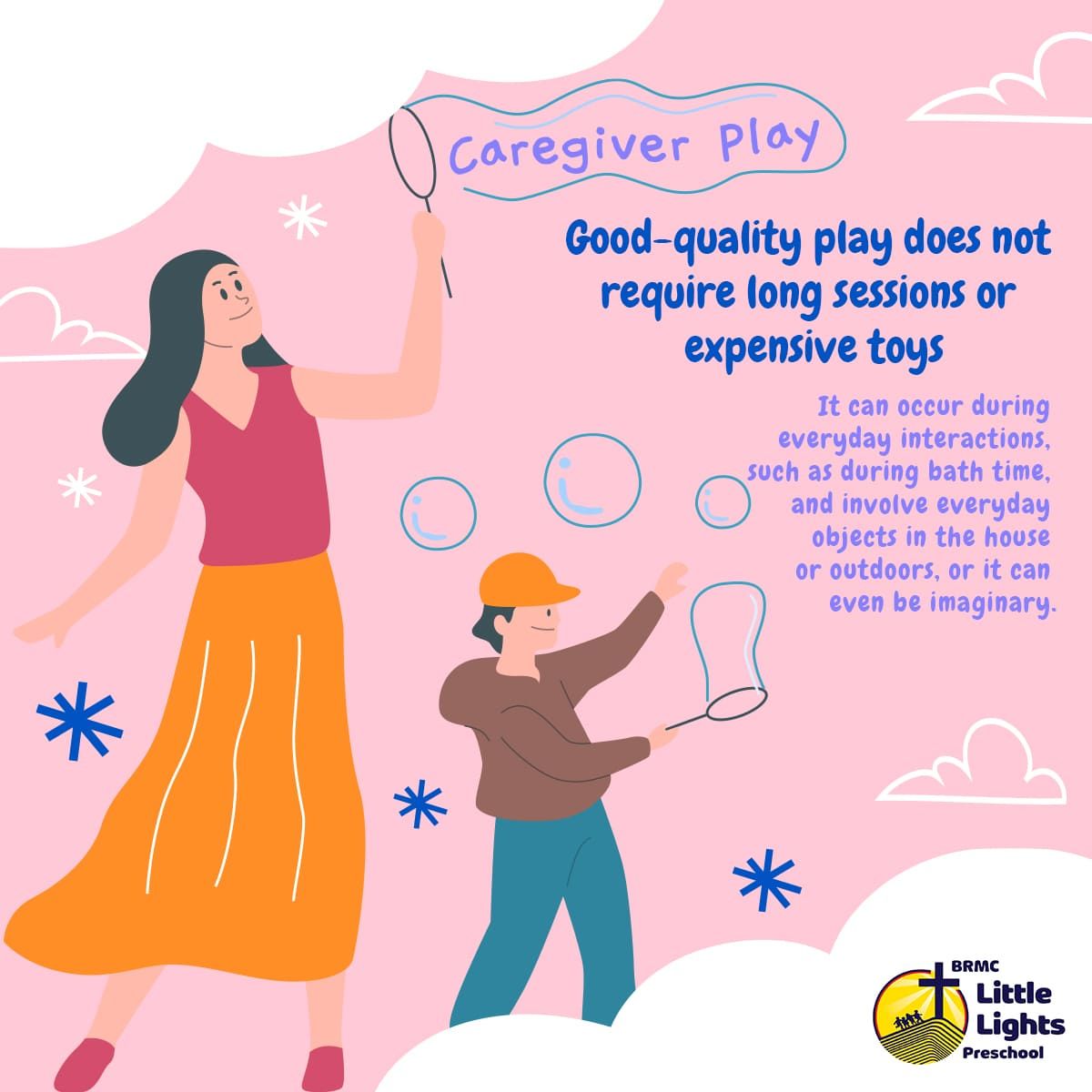
Mobile device use by caregivers during play can negatively affect the quality of play with children. It distracts the caregiver from picking up and responding to the child’s signals, reduces the amount of talking and new words spoken to the child, and may increase child stress.
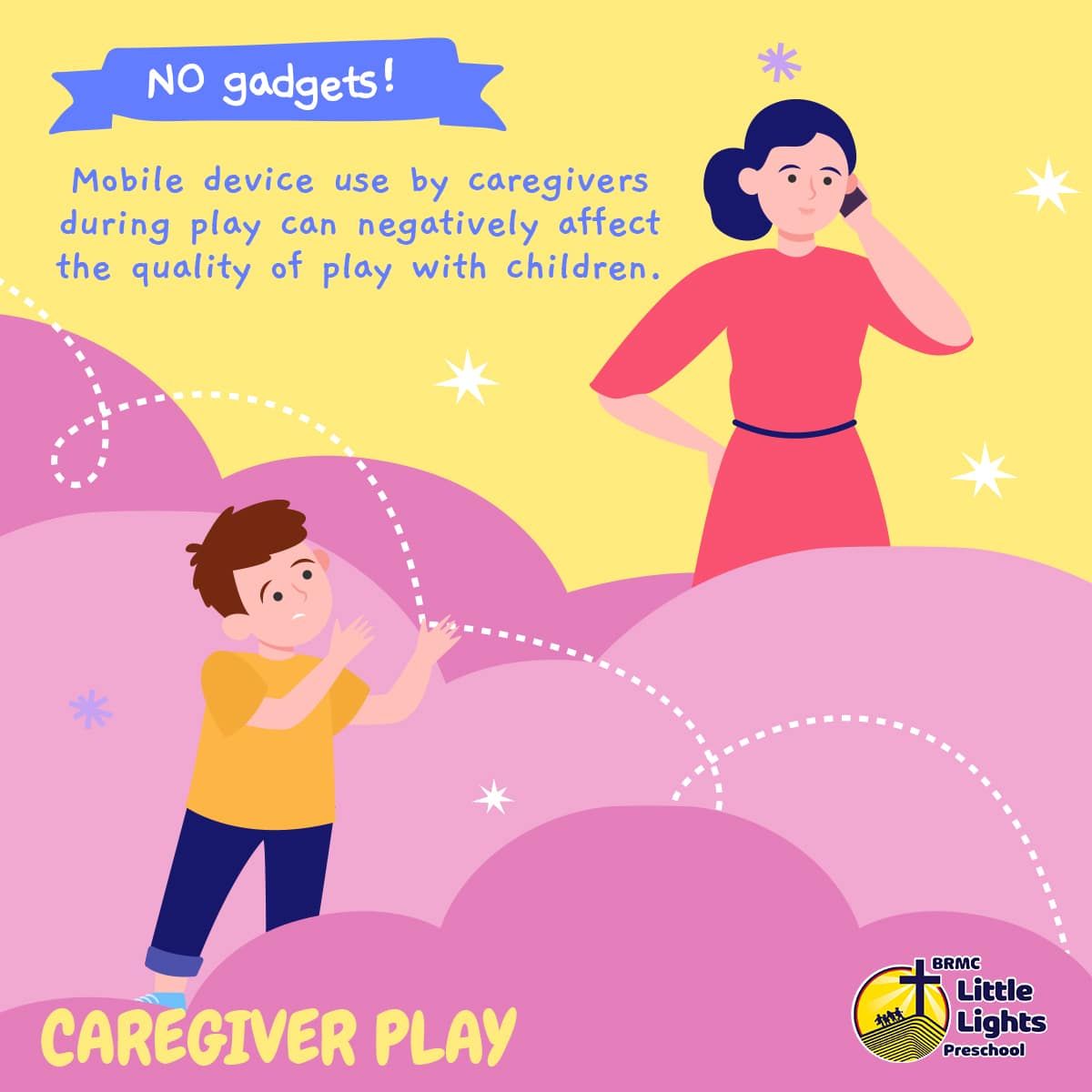
Read the brief of the importance of caregiver play at
https://bit.ly/CHILD-CaregiverPlay-EBrief.

